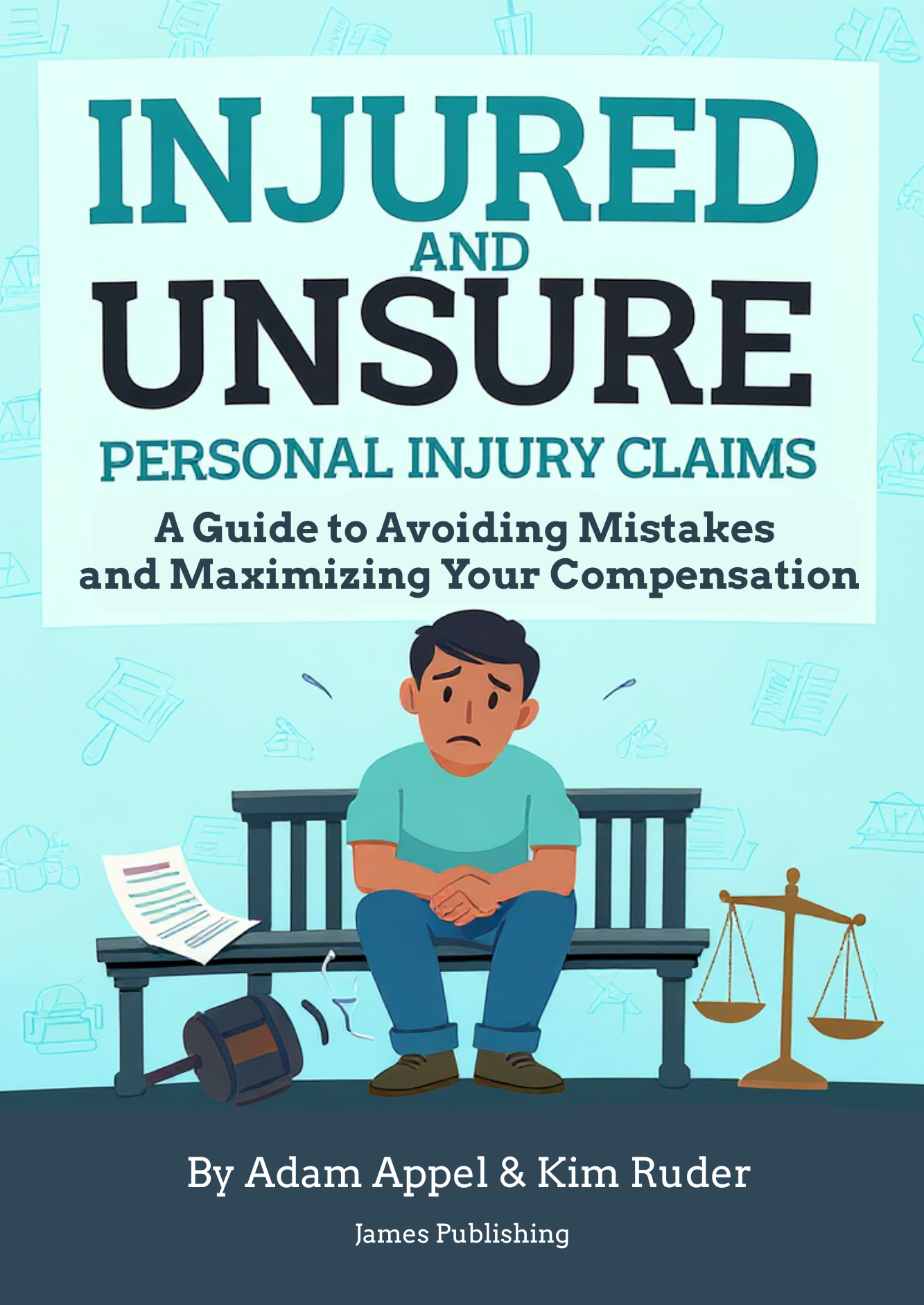Table of Contents
At Dermer Appel Ruder LLC, our Norcross personal injury attorneys know there is no shortage of long-term care facilities in Georgia. According to the Georgia Department of Community Health, 357 long-term care facilities exist throughout the state, including adult daycares, nursing homes, assisted living homes, and rehabilitation centers. Before selecting a nursing home, we recommend doing some checking on the quality of that facility. By researching a facility, you can find out its overall rating from Medicare in categories such as past health inspections, staffing, and quality measures. Medicare.gov makes prior inspection results available for your review and consideration before selecting a nursing home for your family member.
As facilities in Georgia and nationwide try to keep pace with an aging population that requires extended care outside the home, it is estimated that more than 1.3 million people reside in nursing homes and long-term care facilities across the United States, according to the Centers for Disease Control (CDC).
Sadly, for many of these residents, abuse and neglect are a part of their daily lives. In choosing a nursing home, you should consider their track record. By comparing nursing homes using the website above, you can see how other residents are treated in specific areas of care, such as are they in pain or losing weight.
The National Ombudsman Reporting System (NORS) received more than 201,000 complaints of abuse and neglect from nursing home residents, family members, and others.
Identifying nursing home neglect and abuse is crucial to ensuring the safety and well-being of elderly residents. Here, we discuss some critical steps to recognizing and addressing signs of neglect or abuse.
Educate Yourself on Signs of Nursing Home Neglect and Abuse
Familiarize yourself with the different forms of abuse, including physical, emotional, sexual, financial, and neglect, and look for any potential signs that something might be wrong.
Common signs of nursing home neglect and abuse include, but are not limited to:
- Changes in appearance and personal hygiene.
- Bedsores or soiled bedding.
- Avoiding social activities.
- Traumatized or withdrawn behavior.
- Trouble sleeping.
- Unexplained bruises, burns, or scars.
- Broken bones, sprains, or dislocations.
- Unexplained weight loss, malnutrition, or dehydration.
- Frightened or nervous behavior around certain staff members.
- Broken or missing personal property.
- Financial changes, including missing funds, credit cards, or checks, and unauthorized purchases on financial statements.
- Depression or confusion.
- Refusing to see visitors.
- Irritation or acts of violence.
- Restraint marks.
- Torn, stained, or bloody underclothing.
- Unexplained vaginal or anal bleeding.
- Variations in prescription drug use, including signs of under- or overuse.
These signs may be easier to assess during regular visits to the nursing home to observe the living conditions and the general atmosphere. No matter how frequently you visit, communicate with the resident regularly to stay informed about their physical and emotional well-being. If you see a pattern of issues, keep a log or journal of your observations and interactions with staff members. Make note of the names of the staff members that are taking care of your loved one. Take pictures of unsanitary or dangerous conditions. If your family member develops a pressure sore, document that with photographs as well.
Assess the Residents Living Quarters & Observe Staff Interactions
While visiting your loved one, it is crucial to inspect the living quarters and common areas for cleanliness, safety hazards, and overall living conditions.
While the facility may, by all appearances, ensure that residents have access to basic amenities, it is crucial that the facility is well-maintained to avoid slips, trips, falls, or other hazards — like insufficient staff-to-resident ratios — to ensure the well-being of everyone in the facility.
Pay attention to how staff members interact with residents. Look for signs of disrespect, harsh language, or behavior that may indicate mistreatment.
If You See Something, Say Something
Remember that the safety and well-being of the elderly residents at any Georgia nursing home facility should be the top priority. This means reporting suspicions of abuse is crucial to protecting vulnerable individuals in long-term care facilities. If you are uncertain about the appropriate steps to take, contact our skilled Georgia nursing home neglect and abuse attorneys today to learn more about your legal rights and options to pursue a claim.
Nursing homes and other long-term care facilities have multiple moving parts to operate effectively, which means there may be numerous parties that are liable for your loved one’s neglect or abuse, including administrators, medical staff, support staff, and other third parties like housekeeping and food and beverage vendors who enter and exit the facilities each day.
It is also important to have the right tools in place to help your family members. Consider whether your loved one needs a Power of Attorney or Durable Power of Attorney for Healthcare. Having these tools in place will make accessing medical records easier. Consult with an Estate attorney if you have questions about having the right documents to allow you to have access to your family member’s medical records and to make decisions about their healthcare in the event they are not able to make those decisions for themselves.
Contact Our Georgia Nursing Home Neglect and Abuse Lawyers at Dermer Appel Ruder Today
We can help you identify who is responsible for your loved one’s mistreatment so, together, we can hold them accountable and keep everyone in the facility safe going forward. Contact our Georgia nursing home neglect and abuse lawyers at Dermer Appel Ruder today by calling (404)-892-8884 or online to discuss your case during a free consultation.
Related Links:

